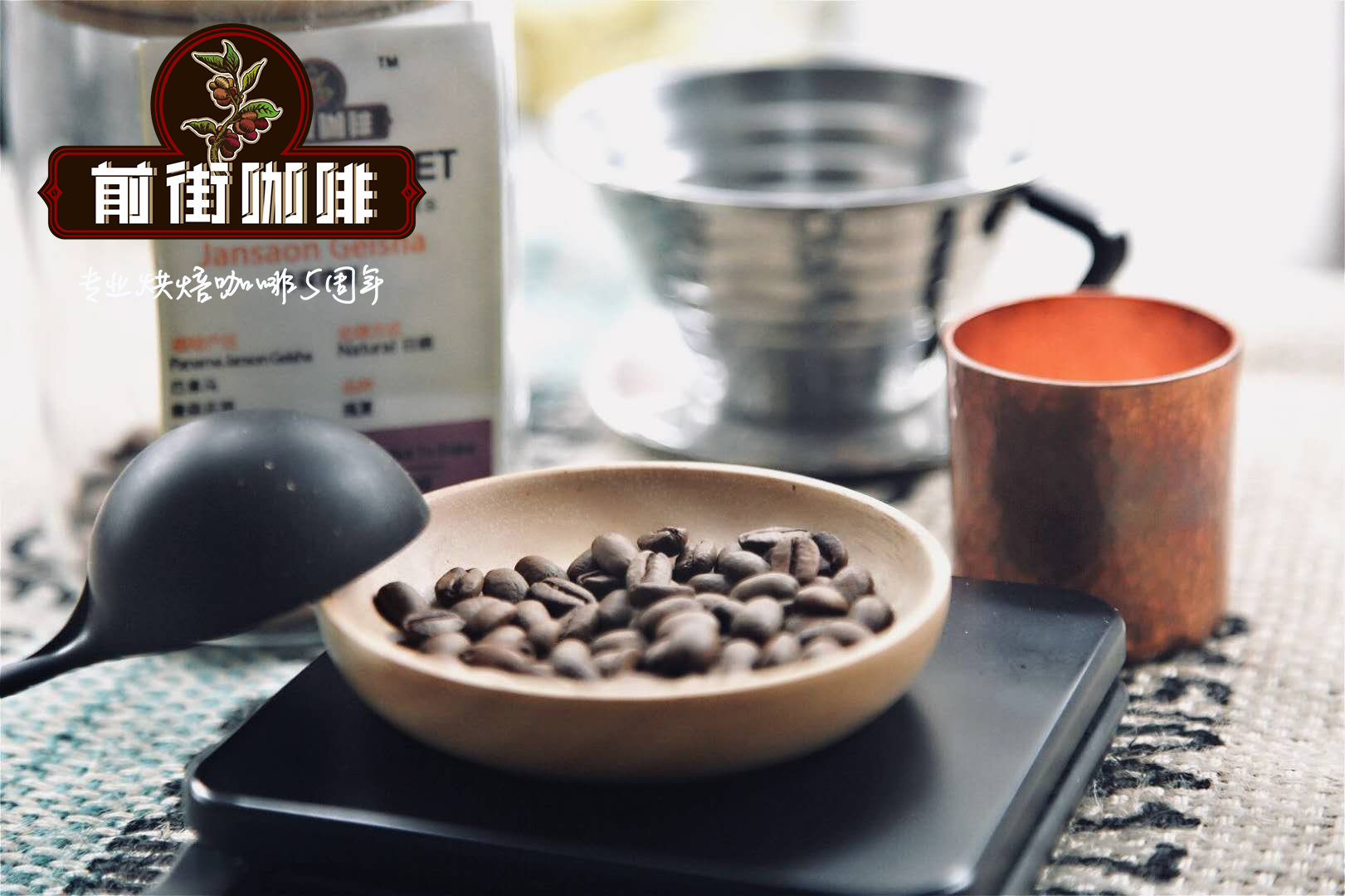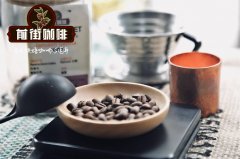Coffee Benefits Study: Coffee Helps Teamwork

Professional coffee knowledge exchange more coffee bean information please follow the coffee workshop (Wechat official account cafe_style)
Good teamwork begins with a cup of coffee per person, according to a new study. The researchers found that if people drank caffeinated coffee in advance, they gave more positive comments on their team's performance and their contribution. Another study showed that people who drank caffeinated coffee talked more and paid more attention to the topic than those who drank decaffeinated coffee.
In the report, a Ph.D. in marketing from the Fisher School of Business at Ohio State University, who led the study, pointed out that coffee seems to play a magical role in the team, making people more alert. "We found that increased alertness is a positive factor in team performance. Not surprisingly, people who drink caffeinated coffee tend to be more alert. " The study was published online in the Journal of Psychopharmacology.
Although many studies have looked at the effects of caffeine on individual performance, this is the first time to examine the effects of caffeine on teams. The first study involved 72 college students who claimed to be coffee drinkers. Before the experiment, they were told not to drink coffee.
Half of them first took part in a coffee tasting task, and they were divided into five groups. After drinking a cup of coffee and rating its taste, they were asked to do a 30-minute supplement to give caffeine a chance to work, and the other half tasted the coffee at the end of the experiment.
Then, each group reads and discusses a controversial topic, the Occupy Movement, a liberal movement that emphasizes social and economic inequality. After 15 minutes of discussion, the panelists evaluated themselves and other team members. The results showed that those who drank coffee before the discussion rated themselves and their team members more positively than those who drank coffee after the discussion.
The second study was similar, except for 61 students who drank coffee at the beginning of the study. However, half of them drank caffeine, while others drank beer containing caffeine. People who drank caffeinated coffee rated themselves and their peers more positively than those who drank decaffeinated coffee. All participants assessed their alertness at the end of the study, and those who drank caffeinated coffee thought they were more alert than others. A key finding is that people who think they are more alert, whether they drink caffeinated coffee or do not drink coffee, tend to give higher scores to themselves and their peers.
This suggests that vigilant interventions, such as exercise, may produce similar results, which is also a future research topic proposed by the author in his paper. "We suspect that when people are more alert, they will see more contributions from themselves and members of other groups, which gives them a more positive attitude."
But caffeine doesn't just increase feeling good. In the second study, the researchers analyzed panel discussions, graded what each group member was talking about, and discussed their topics continuously. The results show that people tend to talk more after drinking coffee, but they also tend to talk more about topics. "they talked more about it after drinking caffeinated coffee."
One might think that if people talked more about a controversial topic, such as the Occupy movement, it might cause friction in the group. But the result of this study is just the opposite. People who drank caffeinated coffee were more likely to work with their teams again than those who drank decaf. They say more, and whether they agree or disagree, they still want to work with team members again. Coffee doesn't seem to make the group discussion too uncomfortable or unpleasant. (
Important Notice :
前街咖啡 FrontStreet Coffee has moved to new addredd:
FrontStreet Coffee Address: 315,Donghua East Road,GuangZhou
Tel:020 38364473
- Prev

Yunnan Coffee suffers low Price Industry Association calls on Coffee Enterprises to purchase Yunnan Coffee
Professional coffee knowledge exchange more coffee bean information please follow the coffee workshop (Wechat official account cafe_style) 2017 ~ 2018 coffee harvest season, Yunnan coffee affected by the downturn in international coffee futures prices, raw bean prices hovering in 13-15 yuan / kg, directly approaching the cost of farmers to grow coffee, and even some farmers have losses. On May 24, the coffee industry in Yunnan Province
- Next

Mysterious, low-key Cuban coffee flavor
For more information on coffee beans, please follow the history of coffee workshops (official Wechat account cafe_style): the coffee industry in Cuba began in the mid-18th century. The first coffee farm was established by Don Jos Gelabert in Wajay on the outskirts of Havana in 1748. The seeds of coffee came from Santo Domingo at that time, that is, Dominica today.
Related
- Beginners will see the "Coffee pull flower" guide!
- What is the difference between ice blog purified milk and ordinary milk coffee?
- Why is the Philippines the largest producer of crops in Liberia?
- For coffee extraction, should the fine powder be retained?
- How does extracted espresso fill pressed powder? How much strength does it take to press the powder?
- How to make jasmine cold extract coffee? Is the jasmine + latte good?
- Will this little toy really make the coffee taste better? How does Lily Drip affect coffee extraction?
- Will the action of slapping the filter cup also affect coffee extraction?
- What's the difference between powder-to-water ratio and powder-to-liquid ratio?
- What is the Ethiopian local species? What does it have to do with Heirloom native species?

